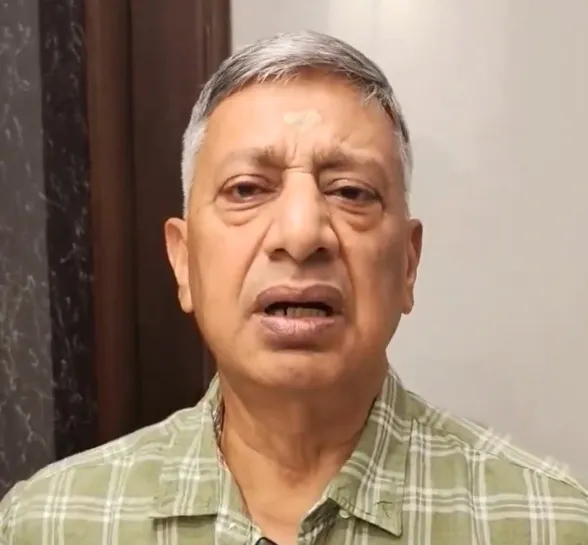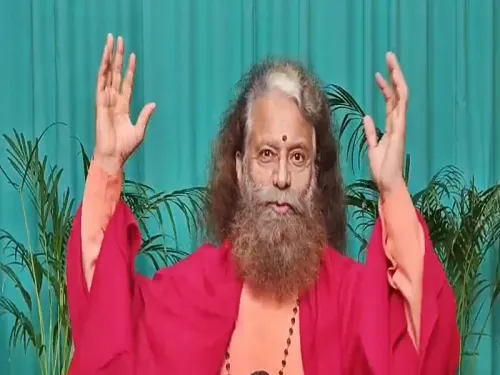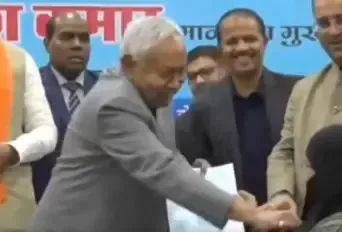Should Masood Azhar Suffer Instead of Dying Instantly?

Synopsis
Key Takeaways
- Masood Azhar is a key figure in terrorism linked to several major attacks in India.
- S.P. Vaid argues for justice over a quick death for Azhar.
- Operation Sindoor targeted terrorist infrastructure in Pakistan.
- Long-term solutions require dismantling the supporting systems for terrorism.
- Pakistan's narrative often obscures the realities of terrorism.
Jammu, May 8 (NationPress) Former Jammu & Kashmir Director General of Police (DGP) S.P. Vaid stated that the mastermind behind terrorist attacks, Masood Azhar, should not experience a swift demise.
“We don’t wish for his death just yet,” Vaid conveyed to IANS during an exclusive interview. “He should endure the repercussions of the terror he has inflicted across India.”
This statement arose following Azhar’s own declaration, expressing that it would have been preferable for him to have perished in the Indian airstrikes that claimed the lives of several of his family members.
Vaid sharply countered, stating, “Let him suffer. He should survive long enough to grasp the pain he has caused to countless Indian families.”
Masood Azhar, the creator of Jaish-e-Mohammed (JeM), is one of India’s most infamous terrorists, linked to multiple high-profile attacks, including the 2019 Pulwama bombing that resulted in the deaths of 40 CRPF personnel.
The recent Operation Sindoor, carried out by the Indian armed forces, aimed at dismantling terror infrastructure in Pakistan and Pakistan-occupied Kashmir (PoK), targeting establishments associated with JeM.
With extensive experience in combating insurgency and cross-border terrorism in Jammu & Kashmir, Vaid remarked that while eliminating terror camps sends a strong message, it is not a definitive solution.
“This is a prolonged struggle. Until the Pakistani Army and ISI are significantly weakened, terrorism will persist. These operations may instill fear, but to genuinely eradicate the threat, we must dismantle the framework that nurtures and safeguards terrorists like Masood Azhar,” he emphasized.
He also pointed out that Pakistan is attempting to represent the operation as an assault on civilians. “Pakistan consistently denies its casualties and cultivates a narrative of victimhood to evade international scrutiny. But we are aware of our targets—terror bases,” he stated.
Dismissing the notion that the strike was driven by religious motives, Vaid asserted, “This isn’t about religion. It’s about justice. Terrorism transcends faith. The ideology of Masood Azhar is rooted in hatred and destruction, and he must endure the ramifications of his deeds.”
With India’s message clear, Vaid believes that further actions may be necessary in the future unless fundamental reforms are instituted within Pakistan’s security and intelligence agencies.










